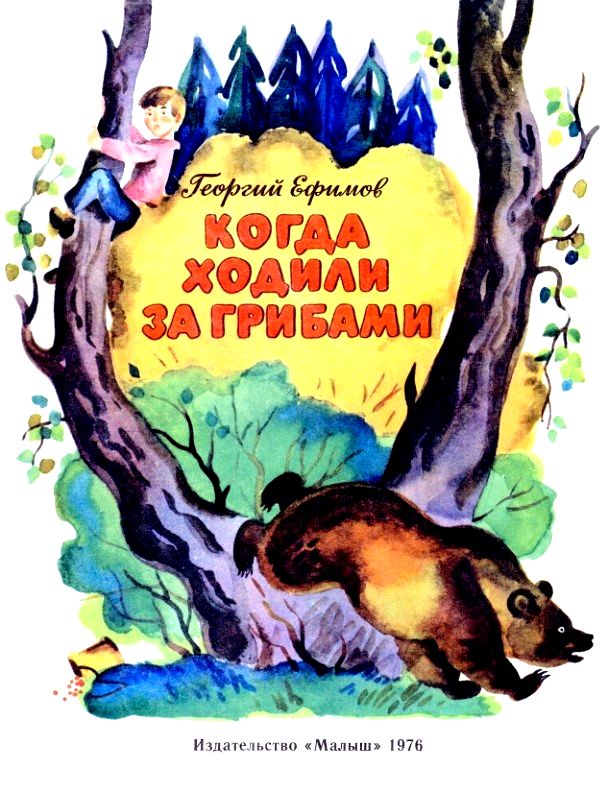Шрифт:
-
+
Закладка:
Сделать
Перейти на страницу:
Митохондрии – это маленькие хранительницы клеточной индивидуальности. Именно они во многом определяют, как мы будем жить: ярко и быстро или скучно, но долго. Но митохондрии – лишь один из возможных ключевых элементов эволюции. Для успешного развития биологическим объектам необходимы заложенный в них механизм самоликвидации (чем-то схожий с японским ритуальным самоубийством – сеппуку), постоянный контакт с паразитами и наличие несовершенств. А это всё противоречит целям здоровья отдельного организма. В этом и заключается главный парадокс эволюции: чтобы выжить, нам нужны постоянные препятствия и… жертвы.В формате PDF A4 сохранен издательский макет.
Перейти на страницу:
Еще книги автора «Алексей Аркадьевич Макарушин»:





